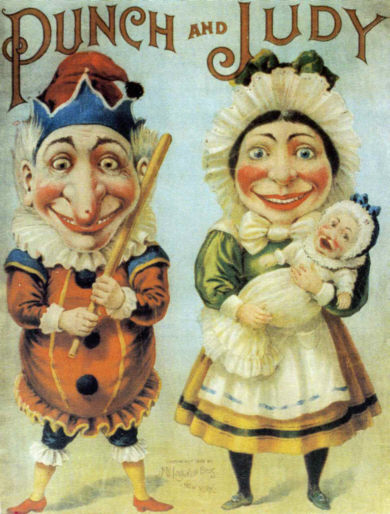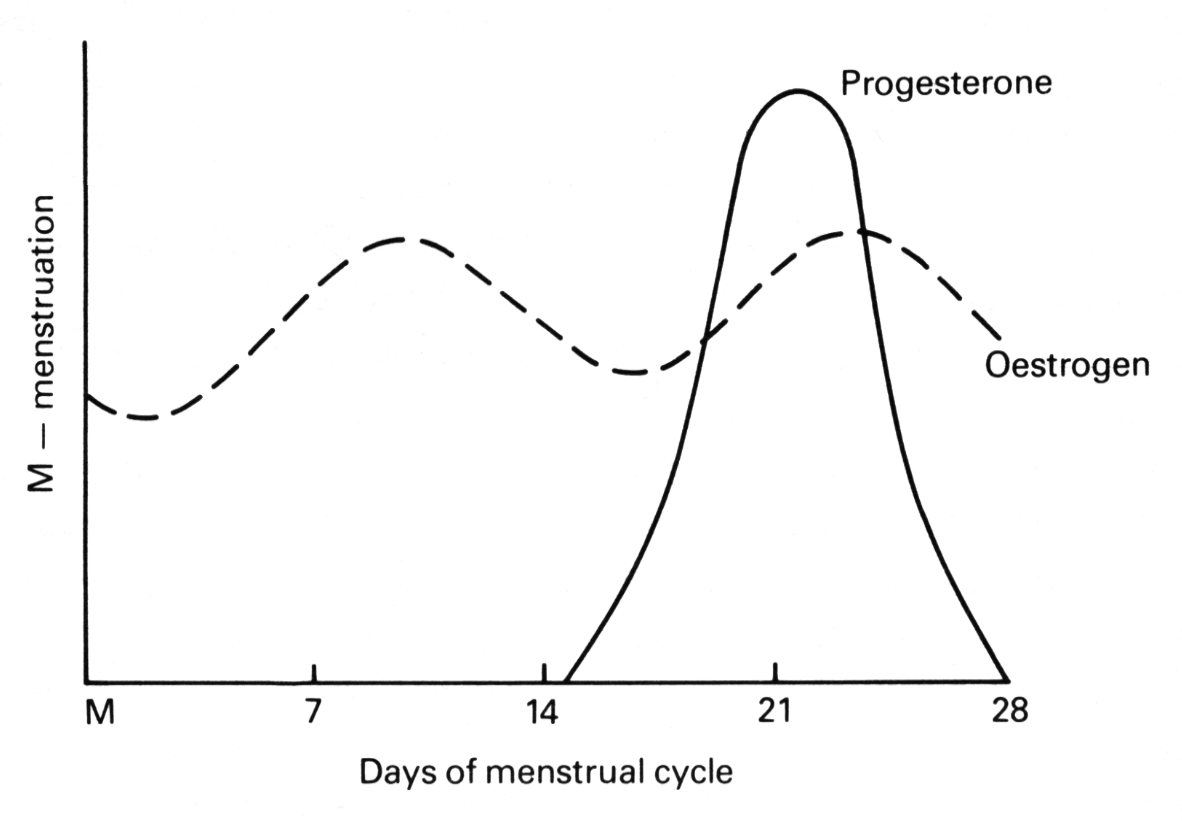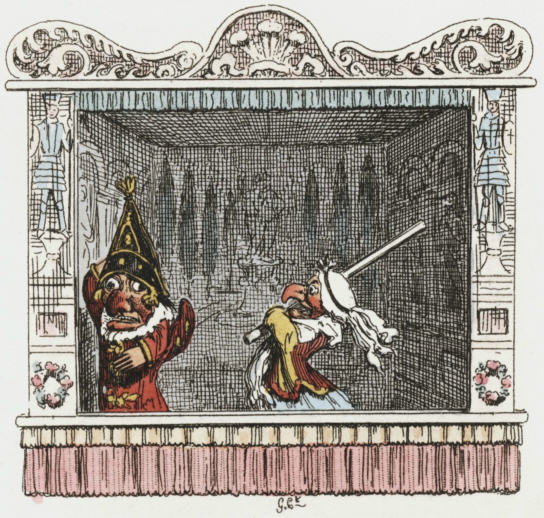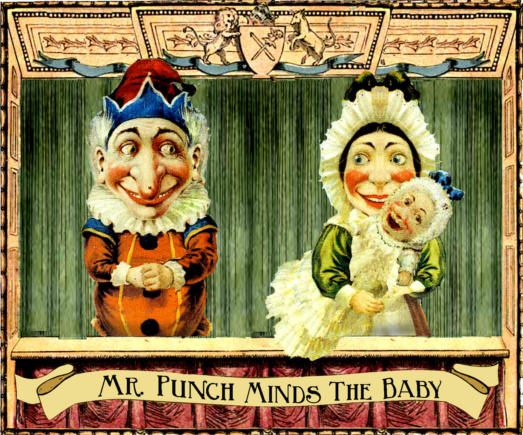
|
MarriageMatrimony from the perspective of sex differencesAnne Moir and David Jessel |
The novelty factor
All the research shows that men desire sexual diversity. Kinsey concludes that the human male would be promiscuous all his life if there were no social restrictions. Another author writes perceptively, ‘Where marriages are founded on love, women may give sex for love while men give up sex for love.’
The novelty factor can be seen at work every Christmas in the lingerie department of the stores. The men sheepishly rummage through the sheer and exotic nightwear. They, apparently, are more capable of kidding themselves by disguising their partners than are those bulls and rams, who weren’t fooled by the sacks over their partners’ heads. The male brain places a high priority on the visual when it comes to arousal. Come the New Year, and the same lingerie counters are thronged with women returning the love tokens. ‘It just isn’t me,’ they say, returning the scarlet satin suspender belts, the flimsy erotic negligees. They find them embarrassing, and perhaps a little silly. They may well wish that their men had chosen gifts to reflect the different female sensory priorities – body oils, for instance, to enhance and reflect women’s greater sensitivity to touch and smell.
So different are the needs of men and women in a long-term relationship, argues one American anthropologist, that a conscious effort is demanded by both partners to acknowledge, accommodate, and reciprocate those needs. This means that the women should perhaps think again before returning that dreadful lingerie... while men should realise that intimacy and affection are perhaps more important for women than mere sexual athleticism. As we have noted in an earlier chapter, intimacy, security and fidelity are an erotic turn-on for a woman, the orgasm rate rising five-fold in the marital bed.
The pill, and other forms of female contraception, may have changed the politics of sex but they have not erased the fundamental, and different, philosophies of sex to which each sex adheres. However, it is still true, as a British psychologist, Glenn Wilson contends, that ‘women want a lot of sex with the man they love, while men want a lot of sex.’ Men can separate sex and love – those neat and tidy compartmentalised brains again. Hence the inevitable disparity between the emotions of the married man and his lover. Women nearly always take an affair with a married man more seriously than the man does, however vehemently he denies the fact.
The happily married woman who has an affair is a rare creature. The happily married male adulterer is not. Men are three times more likely than women to instigate an affair.

The sexual double standard
Sexual liberation is doubtless increasing the number of women seeking the same sort of casual male sexual relationships. Pre-liberation, we can understand that there must have been a reservoir of female sexual frustration and an unfulfilled appetite for promiscuity. But the depth of that reservoir is not bottomless – unlike men’s. There is a natural limit to the female desire for mindless fornication. Overwhelmingly, surveys show that women want sex with feeling, not sex for its own sake. And why, in the name of liberation, should women ape the male initiative, follow the male script?
Liberation condemns the sexual double standard – why should sex outside marriage be ‘all right’ for men, all wrong for women? The standards are indeed double, in that an extra marital affair does mean different things, and has a different level of importance, for men and women. ‘It didn’t mean anything,’ mutters the man, when his indiscretion is revealed – and it almost certainly didn’t. He says that he loves her just as much as ever, and he probably does. But the wife sees his affair as an assault on what is to her most precious – intimacy and fidelity. If she were to embark on an affair, you can bet that it would ‘mean’ a lot to her. She cannot forgive him; for she cannot even understand him. Their brains and their hormones have made them strangers to one another.
Understanding, even within marriage, of each partner’s different sexual appetite might also calm the marital waters. Kinsey sees the difference in the sex drive between men and women as one of the major causes of unhappiness. His is higher than hers in the early years – hence her complaint that he is all too often merely ‘using’ her. In later years, as his drive lessens, it may fall below the lower, but more constant level of her desire, and the boot, as it were, is on the other foot; he resents having to ‘perform’ for her.
In spite of all this, 70 per cent of couples surveyed claim to have happy marriages. Happy marriages, we are told, have to be ‘worked at.’ We would simply suggest that the work would be easier once we fully understood the nature of the task, and the differences to be overcome, instead of bringing up our children either in ignorance of those differences or in the erroneous belief that there are none.

An unequal contract
Sex apart – though intimately bound up with it – marriage’s biggest bugbear is the inequality of the emotional contract. Because of the differing priorities in the brain of each partner, the contract is an unequal one. Ninety-eight women in a hundred, according to an American study, wanted men to talk to them more, about their own personal thoughts, feelings, plans, emotions, and questions, and to ask them about their own. Eighty-one per cent of women say that it is they who initiate most deep conversations, trying very hard to get men to express their innermost thoughts and feelings. But most wives meet great resistance when they try to push their man to talk about feelings; they have come to the conclusion that the men in their lives are afraid of expressing emotion. Nearly three-quarters of the women in long-term relationships or marriages had finally given up trying to achieve a closer emotional bond. Eight out of ten say men often seem not really to hear, and about half that number say their male partner often tells them not to feel what they are feeling, or at least not to express it.
The conventional explanations are that men are conditioned not to acknowledge their feelings – the ‘big boys don’t cry’ syndrome. But we now know that the reluctance men have with feeling and with communicating emotions has a biological root. Their capacity to feel is, to a greater degree than in women, physically divorced from their capacity to articulate; further, the emotional centres of the male brain are located far more discretely than in the woman. It’s not that he ‘bottles things up’ – more that his emotions are in a separate box, in a separate room, a room not routinely visited. The language of the male is more in the vocabulary of action doing things, sharing activities, expressing feelings through inarticulate gifts, favours, and physical courtesies. Holding a door open, or carrying in the groceries is not mere social convention; it is the masculine for ‘I care for you.’ Yet verbal self-disclosure, and the sharing of confidences and feelings, is inextricably part of the intimacy a woman desires.
Put another biological perspective to that difference, and the problem is accentuated – because of their hormonal fluctuations, women may be more extreme in the manifestation of their feelings, which may seem more ‘irrational’ to the male mind.

This greater female priority on the emotions is a product of the ‘wiring’ differences in yet another way. We have examined the primacy of personal relationships for the female brain. Women are more emotional because they are more specifically designed to care about people. They experience other people’s distress as their own. Men, with their ‘doing’ brains, will respond to another’s distress by searching for a practical solution to it. To the mother, the baby’s crying reaches her heart. The father goes to the baby book to scan the useful catalogue of cause and cure: wetness – change the nappy, hunger – feed the child, wind – burp it, tiredness – rock it. Men often express the caring side of themselves by playing with children – again, doing things.
The circuitboard of the male brain is programmed for action rather than people. It ignores megabytes of personal information, such as the delicate visual cues to which women respond so much more readily in conversation. Men have to ask, for instance, ‘Am I boring you?’ Women know. The male perceptions leave him with less information to go on. Men find things, rather than people, are easier to deal with: car stops, carburettor blocked. He carries this approach into the personal sphere: baby cries, nappy needs changing. The man cannot understand why the woman spends so much time agonising over a relationship any more than she can comprehend why he spends so much time tinkering with the car.
Women rarely understand another reason for this male remoteness from intimacy; men simply need more ‘space’ in every sense. On ships at sea, there is an unspoken (it would have to be unspoken) acknowledgement that one tiny corner of the vessel ‘belongs’ to a particular seaman; it is his territory, somewhere where it is recognised that he has the right to be, think, smoke, or whatever – alone. It is no coincidence that that favourite male pastime – fishing – involves solitude, space, and the freedom from any human intercourse.

Male anger and objectification
At Boston University 48 male, and an equal number of female, students took part in an experiment. Rather forbiddingly, they were told to ‘interact’ with each other. Observers found that eye contact was greatest when both parties were female, and least when both were male. Men also stood further apart from each other, and leaned back further in their chairs than the women did. They were all allowed to move their chairs; the women moved the chairs closer than the men.
One explanation of the male need for greater space is that it is an aspect of his need to dominate – space as status. More likely is the fact that his brain is not tuned for intimacy, from which he physically shrinks. A woman’s is, and her desire to get closer is a reflection of that.
Women, then, see, hear, and feel more, and what they see, hear and feel means more to them. Women cry more often than men perhaps because they have more to cry about – they are receiving more emotional input, reacting more strongly to it, and expressing it with greater force. It could be that a man cries less not because he’s been conditioned against such a display of emotions, but because he hasn’t actually registered the hurt or the insult, either at all or to the same extent. It literally means less to him.
If a man does cry, something is badly and deeply wrong, while there is a degree of hyperbole in much female expression, whether physical or verbal. Women choose and stress words exaggeratedly – ‘If the kitten’s been sick, I’ll simply die,’ or ‘There’s nothing worse than a clumsy hairdresser.’ This can annoy the man: ‘No, you won’t die, it will be merely rather annoying,’ and ‘Yes, starvation in Ethiopia is worse than a clumsy hair-do.’ Women, in turn, see these male responses as an infuriating and sarcastic ‘put-down.’ They are, in fact, a clumsy reaction to the gulf of perception and communication that divides them. Why doesn’t she get things ‘into proportion’? Because her sense of proportion is different from his. His is literal, objective; hers is approximate, subjective.
But how does that square with that particularly male irrationality, his quickness to wrath? Anger is a function of high testosterone levels. Just as the man is more easily roused to lust, he is more easily roused to frustration and anger. And, just like passion, that anger is soon, explosively, spent.
Anger is also another reflection of the male bias of the brain. To be angry demands a certain depersonalisation of the object of one’s rage – indeed, that person becomes an ‘object,’ and so fits more easily into the male mind set. Anger and violence demand a more abstract, impersonal view of the world – people become things to shout and yell at. The female view of the world, based essentially on people and her relationships with them, means that the depersonalisation necessary for rage comes less naturally to her.

Marriage is a triumph of female power
The very fact that marriage is, for humans, the norm throughout the world – when, as we know, men are naturally disposed against the institution – represents a remarkable triumph of the female brain, and will. It is a truly stunning victory for female power and control over the naturally promiscuous biology of the male. In starkly sexual, and evolutionary, terms, there is nothing in marriage for men, given their rooster desire for novelty and the widest possible distribution of their seed. Yet most men enjoy and respect marriage and fidelity. Partly, it is because they recognise the havoc that would result from wholesale promiscuity; their own wives, after all, might be seduced by other men, and throughout history men have dreaded the public ridicule of being cuckolded. It may also be because marriage is a contract, and the male brain places a high premium on rules. There may also be a degree of straightforward self-interest; home is usually a safer and more comfortable place.
Women, mistresses of personality, are the experts when it comes to the politics of marriage and social relationships. Their diplomacy and social skills give them the crucial edge in maintaining this – to men – unnatural institution. We have already mentioned their greater sensitivity to non-verbal behavioural cues; they study faces more closely, indeed research shows that they have a better general memory for faces. Power, in any state, depends on the possession of information. In the married state, women have more of it.
Errant men are baffled by how their wives seem to know – ‘intuitively’ – what they have been up to. Intuition has nothing to do with it. Women simply notice more things, and it’s not simply that strand of blonde hair, or the fact that he is paying more attention than usual to his personal hygiene (though men would never pick up such clues from women). They can see from a man’s demeanour, the way he looks, speaks, and stands, that something is up. Husbands are an open book to wives, not because of any magic or witchcraft, but because of their greater acuity of perception. Men often don’t realise what women notice – a quick erasure of truant lipstick seems to them to be subterfuge enough. It is not.

Social intelligence
Marriages work, against all the odds, not because women are submissive, and accommodate their domineering males; marriages work because women’s natural social skills – it’s been called ‘social intelligence’ – enable them to manage a relationship so much better than a man. Women can predict and understand human behaviour better than men, can sense the motives behind speech and behaviour; so, if he is the engine of the ship, she is the rudder. She is also the navigator, because she alone has the chart and knows where the rocks are. If women are worried about their status in a relationship, or indeed in life, they could recognise, and build upon, those skills specific to their sex.
Marriages go wrong when men and women fail to acknowledge, or begin to resent, each other’s complementary differences.

Why mothers are not fathers
Nothing is said to bring men and women closer to each other than the shared experience of parenthood. The truth more often is that, because of the different perspective each partner brings to it, few things more dramatically define the difference between men and women.
However disappointing the fact may be to a devoted father, there is something unique in the relationship between a mother and a baby. No known society replaces the mother as a primary provider of care. Social scientists have conducted experiments in which fathers were encouraged to become much more closely involved in natural childbirth classes; and babies were exposed to a multiplicity of ‘caregivers.’ In the first case, the results showed that within a few weeks, in spite of the fathers’ greater involvement, mothers were none the less measurably much closer to the children; in the second, that the children were confused and wanted their natural mothers back.
Female attachment to an infant seems to be innate, male attachment a function of social learning. Mothers are natural parents; men, with the best will in the world, are not.
This bias towards care in the female brain can be proved by experiments with animals, and by observation of human accidents of nature. In animals, maternal instincts can be accentuated by injections of female hormone; in women, the natural progesterone levels rise one-hundred-fold during pregnancy.

BrainSex: The Real Difference Between Men & Women, Anne Moir & David Jessel, Michael Joseph, London 1989, pp. 133-142